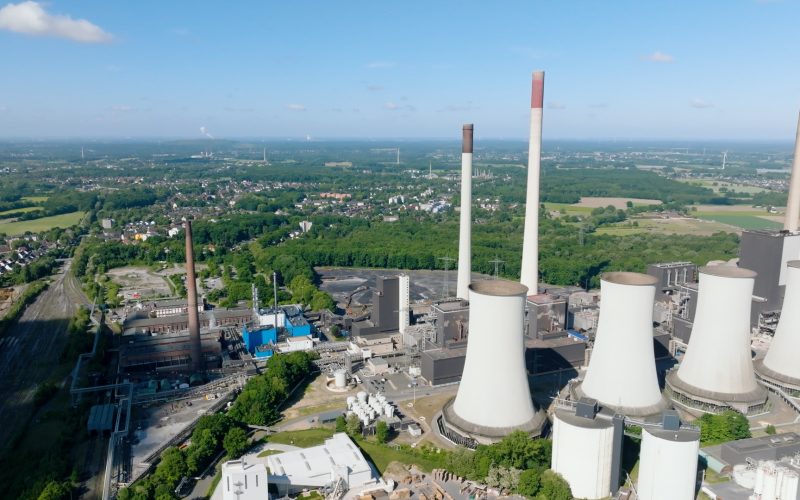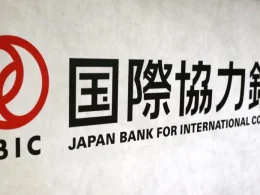thyssenkrupp Uhde and Uniper have begun construction of a demonstration-scale ammonia cracker at Uniper’s site in Gelsenkirchen-Scholven. The facility, which will be among the first of its kind, is designed to convert 28 tonnes of ammonia per day into hydrogen and nitrogen through high-temperature catalytic processes.
The project, backed by public funding from the state of North Rhine-Westphalia, aims to support the industrial-scale conversion of imported ammonia into hydrogen. The data and operational insights gathered at the Scholven site will inform the planned expansion of the technology to Uniper’s hydrogen import terminal in Wilhelmshaven, where it will be scaled up for commercial use.
The ammonia cracker technology addresses a critical bottleneck in the international hydrogen supply chain. Ammonia, with a higher volumetric energy density and more established transport infrastructure than hydrogen, is considered a practical medium for long-distance hydrogen trade. Once delivered, it can be reconverted into hydrogen for use in energy-intensive sectors such as steel, chemicals, and power generation.
The initiative is expected to contribute to Germany’s hydrogen strategy by enabling the import of low-carbon or green hydrogen from global sources. The partnership also aligns with the country’s broader goals of decarbonizing industry and ensuring energy security.
Construction of the demonstration plant is underway, with commissioning scheduled for the end of 2026.
















